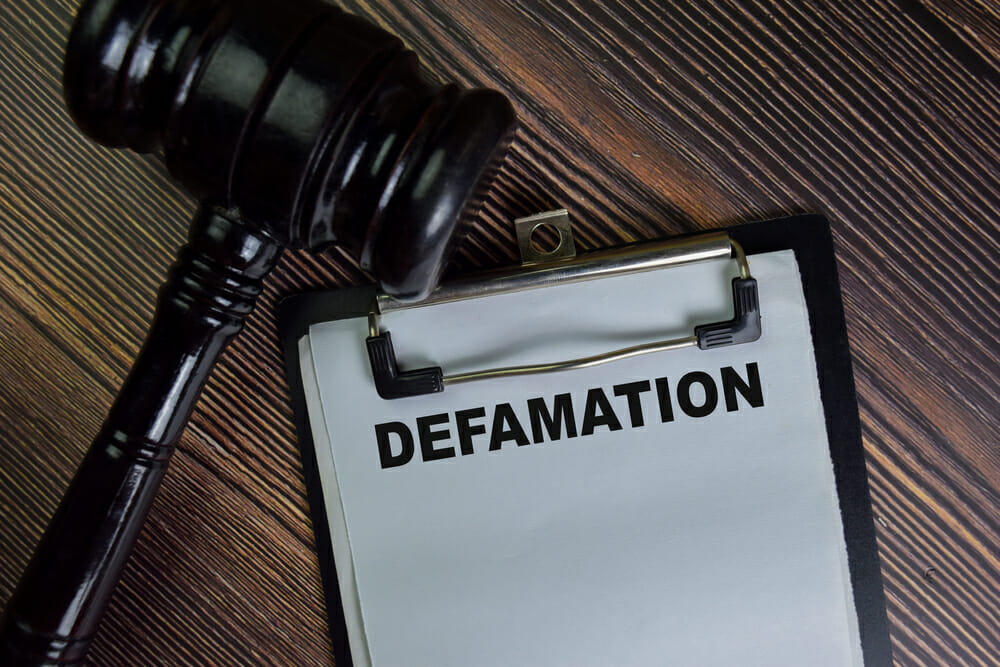
If someone makes a false public statement about you, it could do damage to your reputation and harm your livelihood. You may wonder if you can take legal action against the person who has slandered you. Sometimes defamation takes obvious forms. However, at times it is not clear whether defamation has happened according to the law.
The nature of the defaming statement or message will be a crucial factor in whether a court is likely to count it as defamation. Chron describes a few examples of speech that might not reach the legal threshold of being defamatory.
The Houston Defamation Lawyers at Rose Sanders Law Firm, addresses the "Grey" Areas of Defamation. if you believe your case fits into this category, then contact our personal injury attorneys today.
It is one thing for someone to state a falsehood about you. It may be another if the individual says “in my opinion” before making the statement. Usually, if a person says something in the context of an opinion, a court is less likely to determine that the message is defamatory. Still, offering a statement as opinion may not always suffice as a legal shield, particularly if it renders obvious damage to a person’s reputation.
Sometimes defamation comes in the form of edited or modified video or photos. You may want to take legal action if someone posts an altered photo of you online that casts you in an unfavorable light. However, the perceived authenticity of the media will be a factor.
If the offending party used deepfake technology or other convincing means to transform the media, a court might rule that the person who modified the photo or video clearly intended to deceive the public. However, the media might appear as obviously fake or made for satirical purposes. If the media is not very convincing, a court might not accept that defamation has taken place.
A general rule of defamation is that the defaming statement must be public. A false statement spoken about you on a public online forum may qualify as defamation. However, you might have trouble proving defamation if it comes in the form of a private letter or document since defamation often does not apply to private statements.
These gray areas show that sometimes it takes great effort to prove that a statement meets the standard for defamation. Still, the end result may help restore your reputation in the aftermath of a defamatory statement
When your reputation is on the line, it is important to talk to an attorney you can trust. To discuss your case, call our firm now at 713-231-9288 today. You can also fill out our contact form online. We have offices in Houston, Dallas and McAllen to help defamed clients across Texas.




